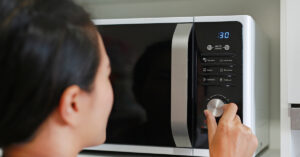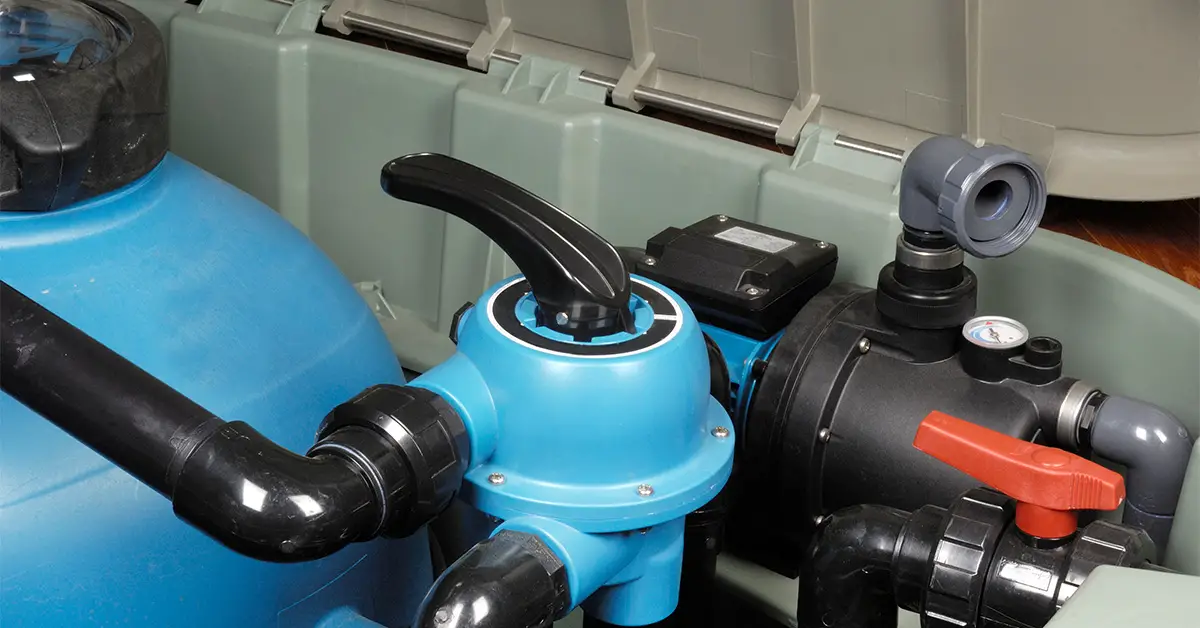Having an instant hot water dispenser somewhere in your home or workplace is a time-saving investment. It offers the epitome of convenience, especially if a typical day in the kitchen involves boiling tons of water for brewing tea, coffee, or other uses. Your family or staff will have access to near-boiling water constantly at the touch of a button.
But are instant hot water dispensers safe? Yes, instant hot water dispensers are completely safe to use around homes, offices, breakouts, and public places. But like any other electrical appliance, you must follow all the safety precautions.
This post will cover everything you must know about instant hot water dispenser safety.
Let us dive right in.
Table of Contents
Is Water From Instant Hot Water Dispensers Safe for Drinking?
These appliances are designed to deliver safe water that you can drink or use in preparing beverages and food. Hot water from this dispensing system is safer than the typical scalding hot water you are getting from the tap.
As you would expect, models of instant hot water dispensers in the market today have advanced in-built filters to flag contaminants more effectively.
The machines dispense water at 201 degrees Fahrenheit. When it comes to hot water from the tap, the temperature is between 120 to 140 degrees Fahrenheit.
Hot tap water is susceptible to more contaminants because the water travels a longer distance before it gets to your cup. What has that got to do with increased impurities? Well, the water heater systems, plumbing fixtures, and pipes have metallic parts that develop corrosion with time.
As hot water passes through them, it dissolves more of the minerals and contaminants present, unlike the case with cold water. The biggest concern around hot tap water is lead contamination.
According to studies, tap water could expose your family or employees to 14%-20% lead. Lead exposure poses a serious health threat, especially to children younger than six years. For instance, it can affect their brain and physical development.
According to EPA, you shouldn’t drink or cook using scalding hot water from taps. And, of course, never mix it with baby formula.
While instant hot water dispensers don’t guarantee zero lead exposure, their reduced plumbing and piping help minimize your risk. What’s more, dispenser manufacturers use safer materials in heating and delivery systems, improving the safety of the water flowing into your cup.
What Are the Safety Precautions to Take When Using Instant Hot Water Dispensers?
If a dispenser is used properly and well maintained by following the manufacturer’s instructions, you could avoid many issues. With that in mind, let us share some general tips to help improve safety when using instant hot water dispensers.
1. Activate the child safety lock feature
It is challenging to keep your eyes on your young ones every second. While it is advisable to teach them about the dangers of trying to collect water from the dispenser by themselves, remember young children can get curious.
If they access the dispenser, they run the risk of getting scalded. Fortunately, many models come equipped with safety lock features to prevent kids from pulling the levers or twiddling with the water nozzles.
Although not all locking systems are entirely childproof, you will want to ensure the safety feature is on for your peace of mind.
2. Avoid filling hot water into a cup or bottle with small openings
Even though instant hot water dispensers are safe, mishandling the appliances can lead to burns sometimes. At 201 degrees Fahrenheit, the water is hot enough to cause first or second-degree burns.
One of the mistakes you can make when using the dispenser is trying to fill bottles or cups with small openings.
It is easy to miss the opening and splash the hot water on your hands. The best course of action is to use a larger cup, bowl, or mug and transfer the water to where you want it.
Also, your eyes should always be fixated on the hot water function. Otherwise, the cup may overflow and burn your hand.
3. Clean and sanitize your dispenser regularly
Wipe and disinfect the outside of the dispenser daily, especially if you installed the machine in a workplace or public place. As for dispensers in homes, cleaning them once or twice a week should keep your family safe. When multiple people touch the dispenser frequently, there is the risk of germ and bacteria buildup on the spigots. Sadly, this can easily lead to contracting diseases.
Don’t overlook the internal components of your dispenser as well. Remember, hot water can leave a residue of minerals on those parts.
While instant hot water dispending systems have filters to reduce limescale, they need periodic cleanings. Limescale is not harmful, but it can affect the quality of your beverage.
Refer to your manual for the descaling cycle and the recommended descaler.
4. Be careful of electrical hazards
Hot water dispenser leakage is not an unusual issue. If the cord is exposed and comes in contact with the water, it could start a fire or cause electrocution.
As a safety precaution, make sure the water supply to your point of use dispenser is not near the electrical socket. Also, use a power supply socket that is towards the top.
5. Schedule periodic unit maintenance
Another way to keep yourself safe while protecting your hot water dispenser is to call a professional technician to service the unit. And if your dispenser is showing signs of malfunction, have it inspected as soon as possible.
Continuing to operate a faulty unit is always not a good idea. For example, if there is a pressure issue, the hot water can splash out of your cup or bowl and make a mess.
In Summary
Are instant hot water dispensers safe? Sure, the units deliver safer water for drinking and cooking than the boiling water taps. They are easy to use, too. However, it’s best to exercise caution when using instant hot water dispensers, as these machines can cause burn injuries, electrical hazards, and spread germs.







